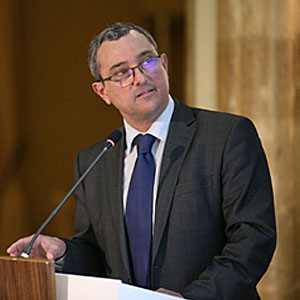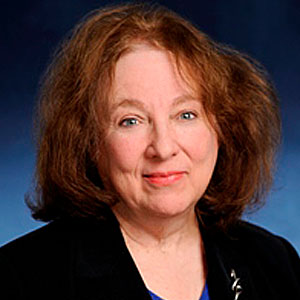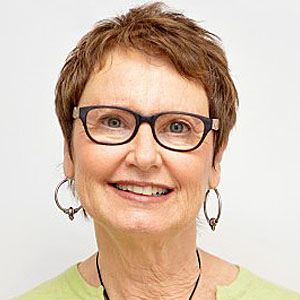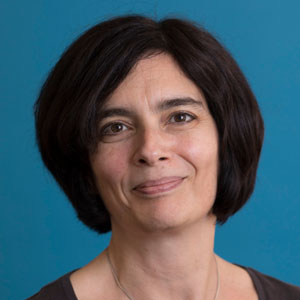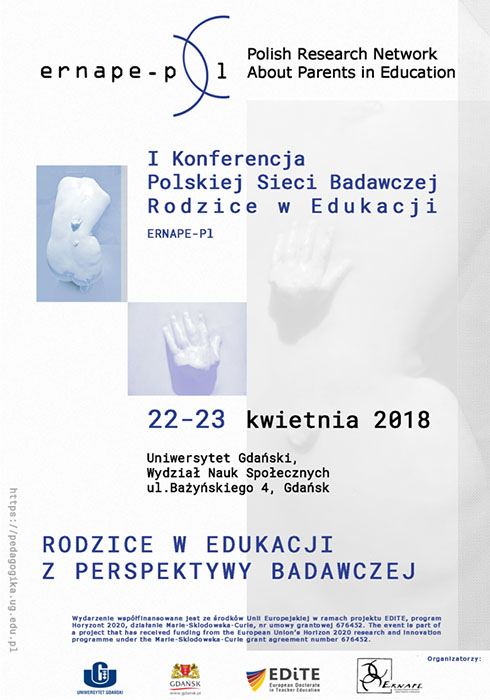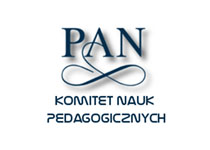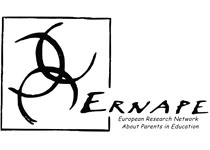Pauline Lipman is Professor of Educational Policy Studies at the University of Illinois at Chicago and Director of the Collaborative for Equity and Justice in Education, a university-community collaborative research center.
Her interdisciplinary research focuses on race, class, and political economy of urban education, particularly the inter-relationship of education policy and urban restructuring and radical social transformation. Pauline is the author of numerous journal articles, book chapters, and policy reports.
Her book, The New Political Economy of Urban Education: Neoliberalism, Race, and the Right to the City (Routledge, 2011), argues that education is integral to neoliberal economic and spatial urban restructuring and its class and race inequalities and exclusions as well as to the potential for a new, radically democratic economic and political social order.
Her previous books, High Stakes Education and Race, Class and Power in School Restructuring, received American Education Studies Association, Critics Choice Awards.
In 2011, she received the American Education Research Association Distinguished Contribution to Social Contexts in Education Research, Lifetime Achievement Award. In 2013 she was elected a lifetime member of the Polish Academy of Sciences.
An activist scholar, Pauline Lipman is also active in community campaigns for equitable and just education. As a core member of Teachers for Social Justice, she has been involved in struggles against school closings and education privatization and for an elected school board, sustainable community schools, and racial justice in education in Chicago, in coalition with community organizations, parents, and the Chicago Teachers Union.
Title:
Parents as protagonists for a just educational and social order: What is at stake in a moment of deep social crises, xenophobia, and authoritarianism?
Abstract
This paper argues that education is co-constitutive of the neoliberal economic-political order and its crises and is a critical site for resistance to neoliberalism, racism, reactionary nationalism, and xenophobia. I begin with the stakes of the present moment: the conjuncture of profound economic, political, social, and ecological crises and resurgence of blatantly xenophobic, white supremacist, nationalist, anti-democratic agendas, on one hand, and new resistances, solidarities, social imaginaries and emerging counter-hegemonic programs, on the other. I trace this polarized moment to the protracted structural crisis of capitalism, the consequences of globalized neoliberalism, and legacies of colonialism, white supremacy, ethnic hatreds and xenophobia that variously permeate our societies.
Neoliberal logics of capital accumulation and anti-democratic governance (intertwined, in the U.S., with white supremacy) have driven the economic and spatial restructuring of cities and profound economic, social, and spatial inequalities. I have argued that, in the U.S., urban education policies are co-constitutive of neoliberal urban restructuring, (Lipman, 2011), the shrinking and commodification of the social state, and racialized/spatialized politics of disposability, visited particularly on African Americans (Lipman, 2015). Undermining critical thought and democratic participation in schools is also central to neoliberalism’s anti-democratic political project. In this moment, public education is a locus of the crises of the neoliberal order, including the crisis of social reproduction (Fraser, 2016), and the municipal state’s attempt to discipline the public through fiscal austerity (Peck, 2012), subordinating the lives of “surplus people” to fiscal solvency and subjecting them to intensified state violence (Pulido, 2016) and “organized abandonment” (Gilmore, 2008). These practices have given rise to an education justice movement, with parents as key actors. Led by people of color, opposition to closing and privatizing public schools and education budget cuts is unsettling neoliberal hegemony. I draw on the campaign for Sustainable Community Schools in Chicago to argue for parents (with community members, educators, and students) as authors of critical, humanizing education visions and practices of social solidarity and contend that parent protagonism necessitates penetrating the roots of the crisis and joining with democratic social movements for a just alternative to the existing social order.
References
- Fraser, N. (2016). Contradictions of Capital and Care. New Left Review, pp.99-117.
- Gilmore, R. W. (2008). Forgotten places and the seeds of grassroots planning. In C. R. Hale, Ed. Engaging contradictions: Theory, politics, methods of activist scholarship, pp.31-61. Berkeley: University of California Press.
- Lipman, P. (2011). The new political economy of urban education: Neoliberalism, race, and the right to the city. New York: Routledge.
- Lipman, P. (2015). Accumulation by dispossession: Closing schools and state abandonment of communities of color. In B. Picower & E. Mayorga, What’s Race Got To Do With It: How current school reform policy maintains racial inequality. Peter Lang Publishers.
- Peck, J. (2012). Austerity urbanism: American cities under extreme economy. City, 16, 626-655.
- Pulido, L. (2016). Flint, Environmental Racism, and Racial Capitalism. Capitalism Nature Socialism, 27(3), pp. 1-16.
